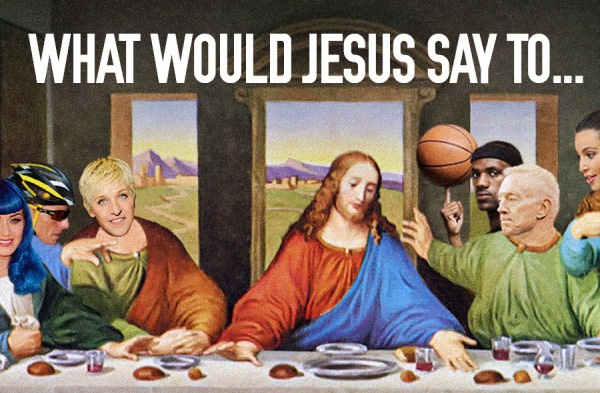Religion Bounces Back in the Age of Novelty?
Alain De Botton's book points out that religion have at their core a sense of repetition. Be it annual feast days, repetition of the same story, recreating a previous event or common rote prayers, patterns abound in religion. In part the reason for all this repetition is due to a commonly held belief among religious types - human beings are forgetful.
This repetitive nature of religion can contribute to the feeling that religion is boring. As my high school english teacher, Mr. Ott, often quoted the Russian quip, "Repetition is the mother of learning and the father of boredom." In an effort to not be boring but instead to be fresh and new and exciting, many Christian churches have adopted a "TED" style of worship: Keep it novel every time.
There is a fear among the Christian leaders that I know that if we are not sharing something each week that is new or groundbreaking or at least something that someone did not know before then we are failing. This pressure leads to some seriously cheesy sermon series all in an attempt to be novel.



However I wonder if it is possible that because we are in an age of novelty that religion will see more people interested in it. As the non-fig based cookie man, Newton said, "Every action has an opposite and equal reaction."
We are constantly hammered with the "new" and the "latest" and the "breaking" the "update" that we become overwhelmed by all that we don't know. My list of books that I want to read grows four times as fast as the list of books that I have read. To which Botton states:
"We feel guilty for all that we have not yet read, but overlook how much better read we already are than Augustine or Dante, thereby ignoring that our problem lies squarely with our manner of absorption rather than with the extent of our consumption."
Part of the beauty of religion is that if forces us to return to the same stories and messages and ideas time and time again. Christianity forces me every year to ask the question, "What the hell is happening on that cross?" and "If you cannot believe that there is a divine spark in Jesus then how will you ever believe that there is divinity in you?"
Just as the new minimalism may be a reaction to the overconsumption that defined the baby boomers, so too could religion's repetition be a reaction to the Age of Novelty?